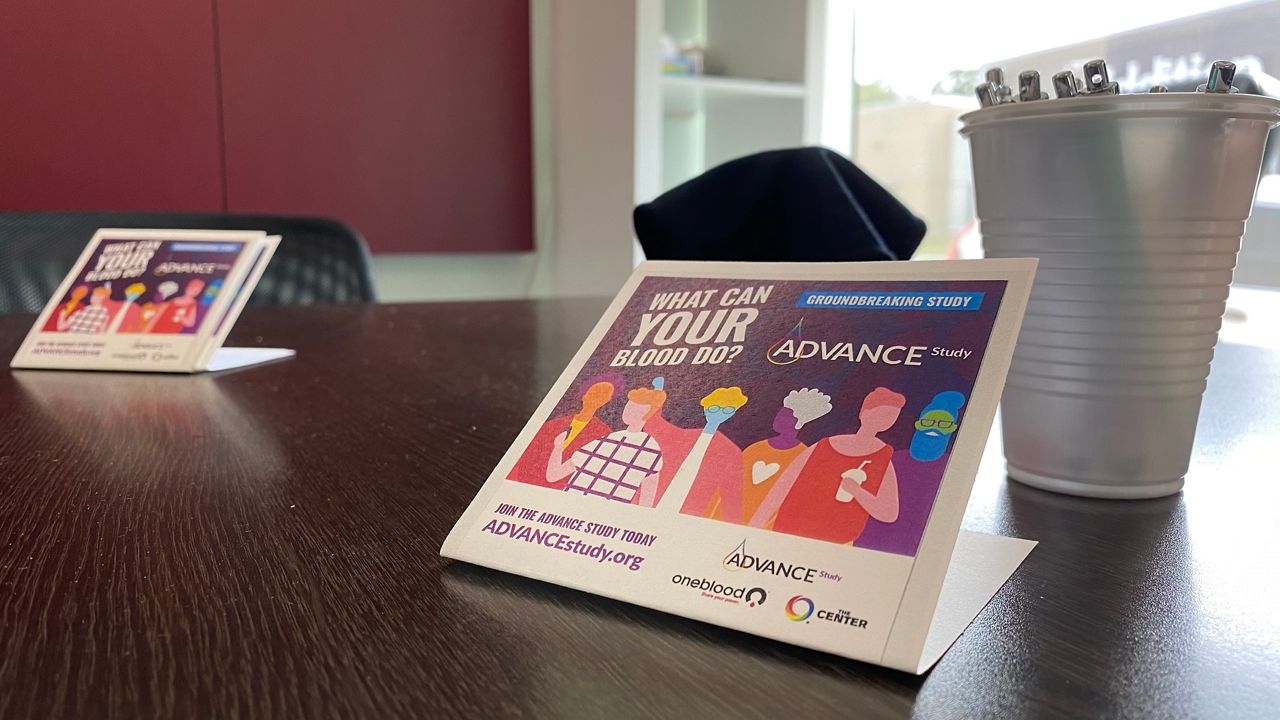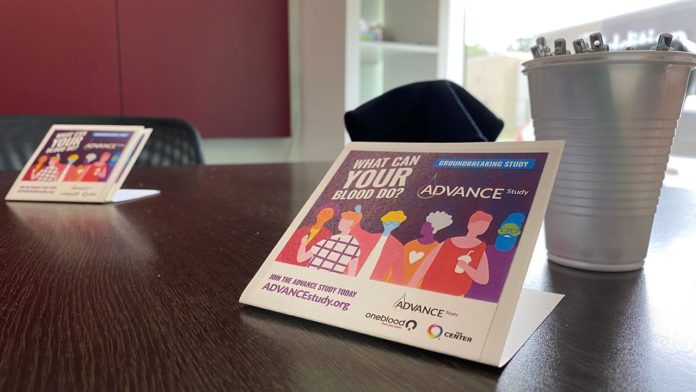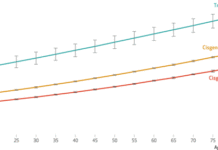
ORLANDO, Fla. — Blood donations from the LGBTQ community became a focal point in Orlando following the Pulse Night Club massacre in 2016.
Five years later, a nationwide analysis of how people are screened before donating blood could bring significant change for men who have sex with men (MSM).
What You Need To Know
- The ADVANCE study is looking for more participants
- Organizers hope to have full enrollment by mid-summer
- Experts want to know if the current 3-months without sex before donating blood requirement is necessary for men who have sex with men
Announced in late 2020, the ADVANCE Study seeks to determine if the current method of having MSM wait for at least three months without sex with a man is necessary.
The Assessing Donor Variability And New Concepts in Eligibility (ADVANCE) Study was commissioned by the U.S. Food and Drug Administration is being conducted in 10 cities across the country, including in Orlando.
Danny Garcia, the vice president of the board at the LGBT+ Center in Orlando, said having Orlando take part in this process is personally important.
“One of the things that this Pulse tragedy has proved is that the Orlando LGBT community and the Latinx community is very strong,” he said. “We’re very vocal and this is a great way to honor their memory. And at the same time, I feel that it’s a great representation of what we can do.”
OneBlood is partnering with Vitalant and the American Red Cross for the study.
The FDA policy of MSM waiting three months began in April 2020 amid the pandemic and the need it generated for more blood donations. Previously the waiting period was 12 months.
The study seeks to understand if a questionnaire alone can determine risk of transmitting HIV when someone donates blood.
“We’re looking at individual behaviors rather than the amount of time between sexual contact,” said Dr. Rita Reik, the chief medical officer for OneBlood in Orlando. “So, we’re asking a lot of very specific questions. I believe there’s about 84 in there or so about what types of behaviors you have as an individual. And those will be used to determine whether there might be a more suitable way to screen donors for HIV risk.”
Reik said not all of the 84 questions would necessarily appear in the final version of the screening questionnaire that the public would get, but that has yet to be determined.
She says they hope to have some preliminary results of the study by the end of 2021.
Those interested in participating can click here for more information.








